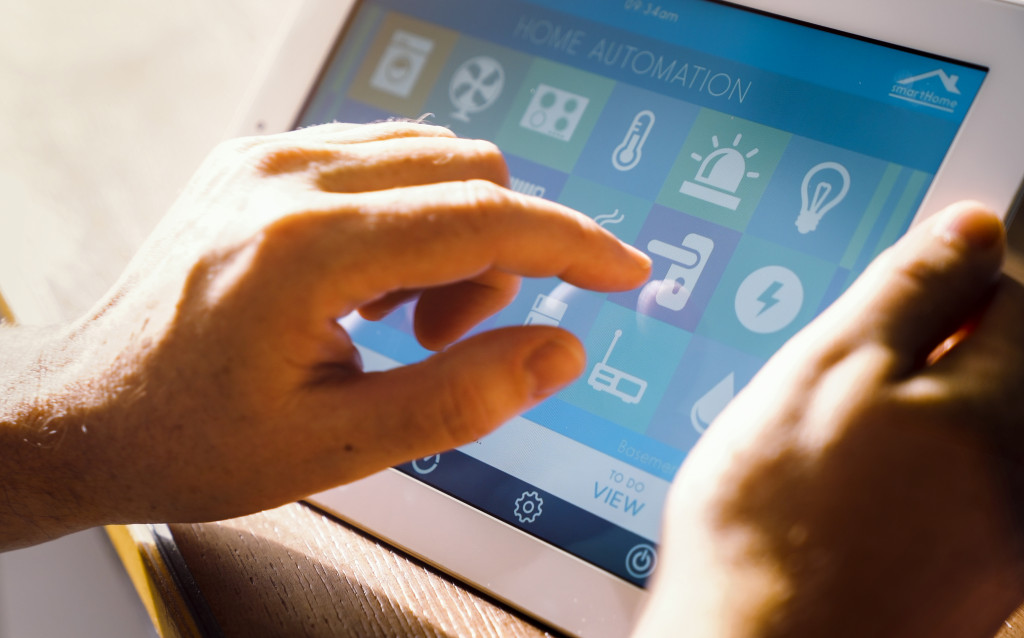If any of us were unsure before, the global pandemic has finally cemented the reality that technology and the internet have become an integral part of our daily lives. While they were probably more apparent in the workplace, our homes are now no exception to these rapid innovations.
In today’s market and the future, smart devices, in particular, are a prominent factor in closing a good sale in the real estate industry. Agents looking to sell homes for the best returns must be up to speed with these emerging trends, as these are the keys to upselling homes in a highly competitive market.
Data analytics company GlobalData reports that while COVID-19 slowed down home automation, the market has remained strong, with smart speakers and security systems as leading categories. The GlobalData forecast also says that the market is expected to double in revenue through 2025.
You must now be asking: with the wealth of smart devices now available for residential use, how should real estate companies, brokers, and agents respond in upgrading the properties in their portfolio?
Emphasize the Convenience Smart Homes Offer
Time and again, you will come across a skeptical home buyer who will not understand the point of buying a home with smart features. The luxury aspect of smart devices is usually upfront, so take the relatable route and highlight how automation makes our lives easier.
1. Smart features can lower energy consumption
Everybody would want to enjoy a little more ease in their lives while having less overhead expenses in their minds—it’s a win-win situation. One of the best ways that a smart home can improve the lives of its residents is the possibility of lowering energy bills every month.
Cite examples for how this occurs. A big one you can use is the installation of a smart thermostat to gain more sophisticated access into a home’s HVAC systems.
Traditional heating and cooling are often wasteful due to how you manually have to adjust statuses to get to a temperature that feels just right. Sometimes, this means leaving your air conditioning on for an extended period or having to wait an uncomfortable amount of time for rooms to reach an ideal temperature.
Homeowners can control smart thermostats through their mobile devices, which allows them to adjust temperatures quickly. Residents can also check on and adjust heating and cooling even when they are out of the house, making it easier to consume electricity more efficiently.

Another helpful feature is smart outlets. Anyone can understand the struggle of having to unplug devices that are not currently in use. Smart plugs and outlets allow you to shut off power through an app, which saves homeowners frequent trips to the kitchen or the living room just to unplug appliances.
Solar-powered devices are another great investment to lower overall energy consumption, although panels can be pricey to install. You can opt to apply these in smaller forms, such as solar-powered outdoor lighting, to offer home buyers that extra ease.
2. Smart features are friendlier for persons with disabilities
An issue that some home buyers, especially older adults, have is that homes do not always consider the possible physical limitations of a future homeowner. Smart devices can make home life much safer and easier for those with disabilities.
For instance, individuals with mobility issues can easily get things done through voice-activated devices and those with controls that they can easily access via an app on their phones. Smart speakers, light fixtures, and even security systems usually offer these accessibility features.
Smart homes, then, allow older adults and persons with disabilities to experience more independence in their own homes.
Points to Consider for the Future
Smart homes offer so much promise for the future. Aside from the monetary benefits, they also lessen a household’s environmental impact by reducing water and energy consumption.
Smart features make sustainable living more accessible to normal citizens. Not to mention that these allow people to achieve everyday sustainability with style and simplicity.
Alongside understanding the revolutionary benefits smart homes offer, you also have to be aware of the data privacy concerns that people are raising about smart homes. Since so many smart devices have microphones and cameras installed to provide ease to daily living, questions of how often these devices “listen” or “watch” their owners’ activities and what companies do with this information rightfully arise.
Moving forward, you should continue to be aware of developments in both security features and risks to smart devices and even become more well-versed in configuring settings to protect homeowners.
